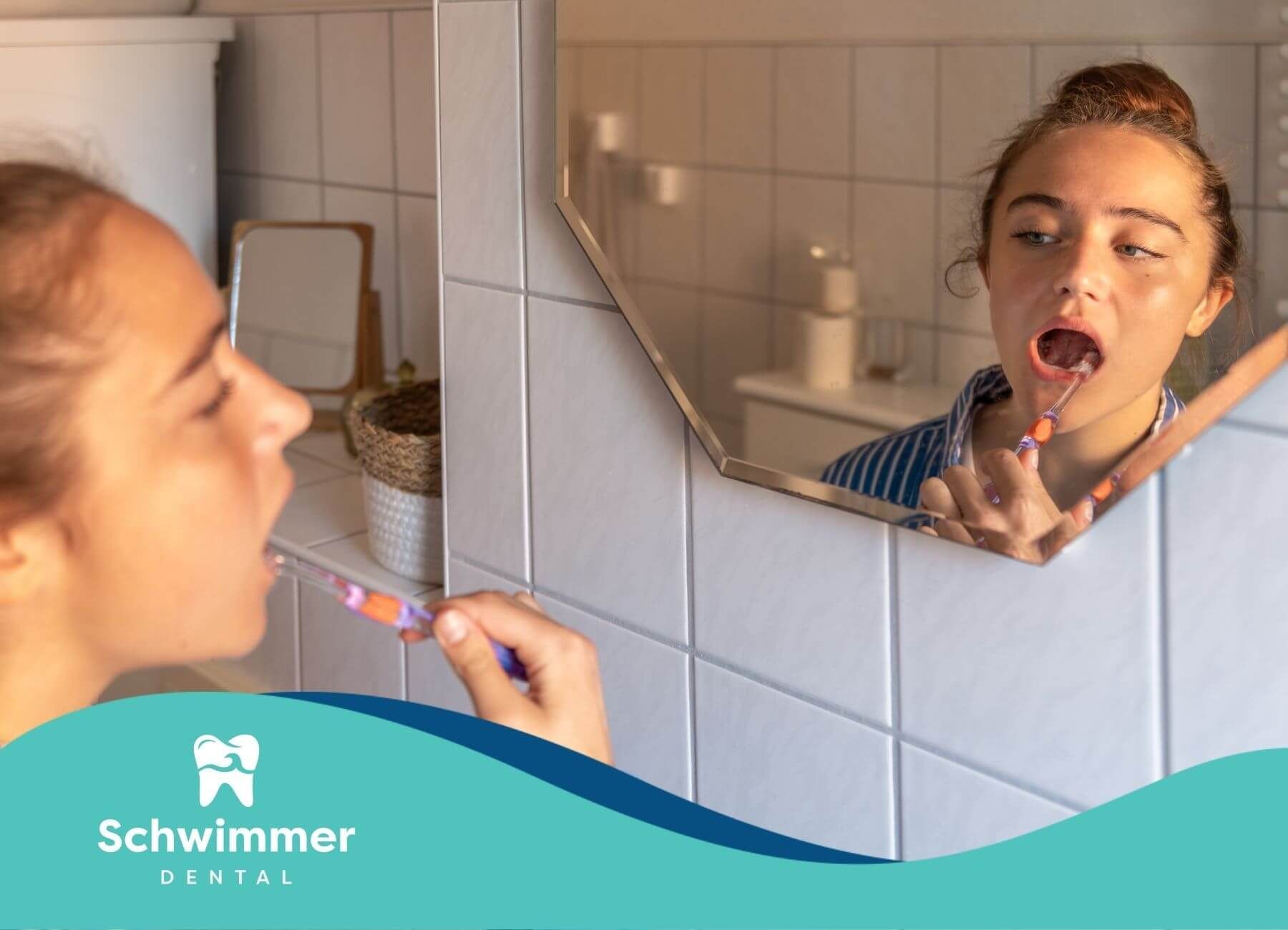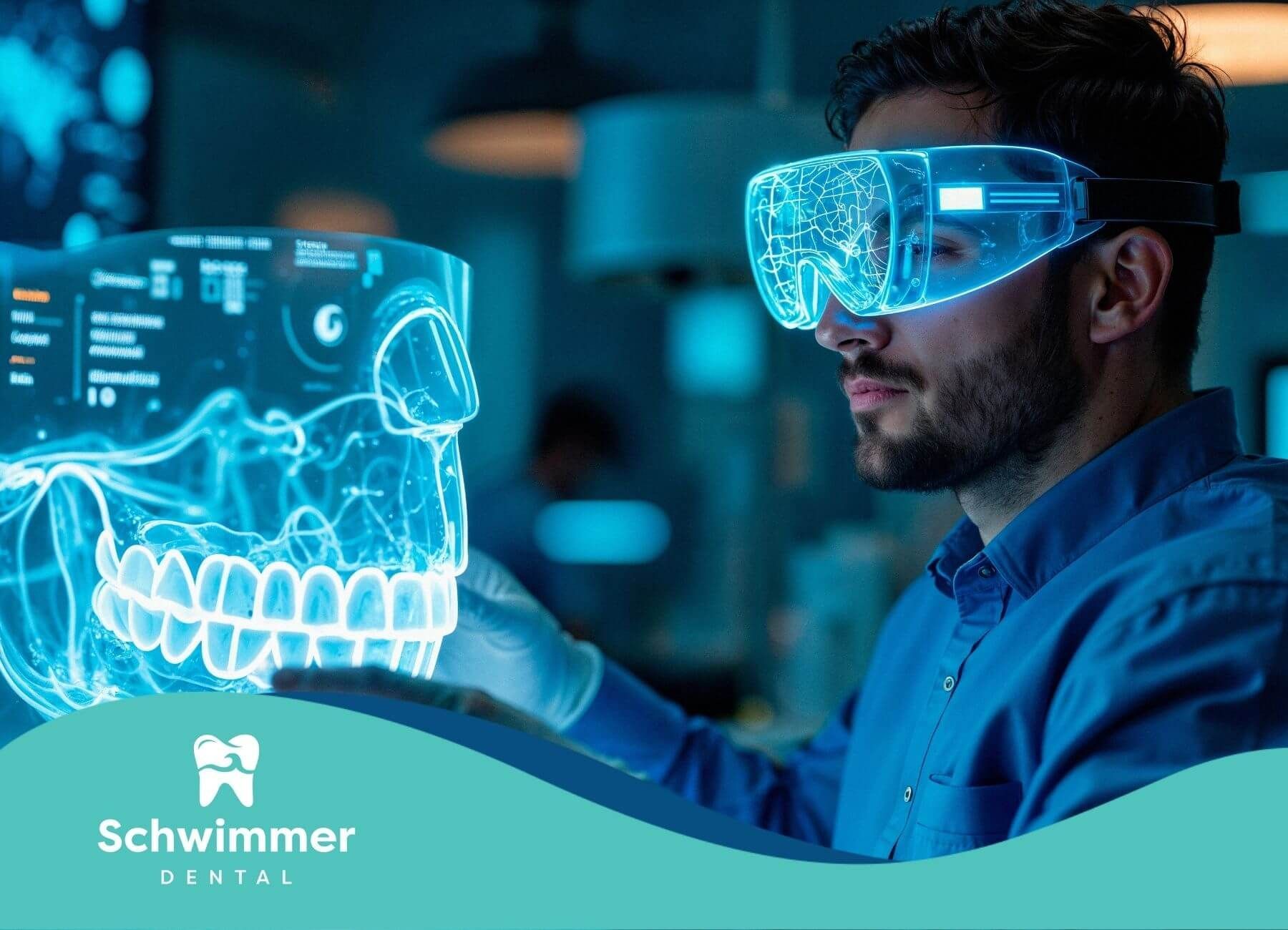Discover What You Should Not Say at the Dentist Today!
Going to the dentist for your dentist appointment is not only about getting your teeth cleaned. It is important for your dental care and for stopping problems like gum disease. When you are honest at your appointment, your dentist can check your mouth health the right way. But, many people do not like to talk about what they really do at home. They may say things that are not true, and this can make it hard for the dentist to help them. What you say about brushing, flossing, and eating sugar can seem small. Still, it can change the type of plan your dentist chooses for your care. Here are some common things people do not say the right way when they are at the dentist. We will talk about why it is so important to be open and tell the truth.
Common Misstatements at the Dentist's Office
You might think that telling a small lie about your habits at the dentist’s office will not matter, but it really does. Your dentist, like a detective, can often notice any differences between what you say and what your teeth and gums show.
If you say that you are brushing your teeth all the time or that you do not drink soda or eat sweets, these little lies that many Americans tell can hurt your dental care. It can stop your dentist from making the best plan to help you take care of your teeth and gums. Let’s look at two common fibs people tell their dentist and see how they can change your dental care.
"I brush twice a day, every day"
A clean toothbrush and eager brushing might seem good. Still, your dentist will know what is really going on. Brushing right is important for your dental health. But your mouth often gives the real story. People often say they brush two times a day, but some do not use the right way or forget to brush the same way each time. This is a common mistake.
You need to use the right tool, like a soft-bristled toothbrush and toothpaste with fluoride. Sticking to a good routine is key. But there is more to it. You have to use the right way for brushing too. If you just move the brush around with no real care, you will not get rid of plaque. This can cause gum disease. Try to use gentle, round motions that get under your gum line. This helps keep your gums and enamel safe.
If you are not careful with your brushing or you do not tell your dentist the truth about how often you brush, things can get bad. Plaque can build up, and you can get cavities or have sore gums. It is better to be open with your dentist about your brushing. They can help you get better at it. This will keep your dental health safe.
"I never eat sweets or drink soda"
It can be easy to downplay how much soda and sweet food you have, especially when your dentist asks. You might feel a bit shy about saying how often you enjoy sugary drinks or snacks. The truth is, your dentist can still spot the effects. Things like cavities or the way that soda’s acid weakens your tooth enamel are signs that can be hard to hide.
You may think that having soda once in a while will not do much harm. But the acid from soda sticks around on your teeth and wears down the enamel as time goes by. This makes your teeth much easier to get cavities and other problems. Also, brushing right after drinking soda might seem like a good idea. But it can actually move the acid around the enamel and cause even more harm.
It’s better to be open and honest when you visit the dentist. Let them know about your sugar and soda habits. When they have all the facts, they can help you protect your enamel. Your dentist might suggest fluoride treatments to keep your teeth strong, or advise rinsing with water after eating sweets or drinking soda. Telling the truth about what you eat and drink is a big step to stop cavities and keep your enamel healthy for many years.
Why Honesty Matters When Talking to Your Dentist
When you are open about your habits and how you take care of your teeth, your dentist, DDS, can figure out the best treatments for you. Dentists look for signs like gum disease or enamel problems. These signs can help them know if what you say matches what they see.
But if you do not share details about things like smoking or what you eat, your dentist may not see some problems until they get worse. Being honest helps you get better care, and it also makes it easier to trust your dentist. Now, let’s talk about how giving the right information changes your dental treatments and what can happen if you do not share enough details.
How accurate information can improve your dental treatment
Telling your dentist the truth helps them find and treat dental problems in the best way. For example, if you feel sensitivity, this could be caused by tooth enamel wearing down. The reason for it—like what you eat, how you brush, or teeth grinding—can often be found only if you share everything.
When you tell your dentist about your real brushing and flossing habits, it helps them make a care plan just for you. If you have gum disease or cavities, sharing the right facts lets your dentist suggest the best way to stop more problems or treat these ones. This can also stop you from getting tests you do not need or treatments that are not the right fit.
Your dentist works with you to keep your dental health good, and telling them everything helps them know what you need. If you drink soda late at night or do not floss much, this could cause the problems you keep having. Your dentist can help you with these if you are open about them. When you both work together, you will get care that fits you better and help your mouth feel and look good.
The risk of withholding information about your dental habits
If you do not tell the truth about your dental habits, you can hurt your own oral health. There are some problems, like gum disease, that you may not see on your own. If you say you floss more often than you do, the dentist might miss early signs. This can stop you from getting help soon and could lead to bigger issues, like needing a root canal.
Bad breath might not worry you at first, but there are reasons behind it, like smoking or not going for cleanings often. If you don’t share these things, your dentist may not be able to help in the best way. They might want to talk to you about quitting smoking or offer you fluoride treatments. This could help you cut down on mouth odor and keep your gums healthy.
When you keep back important details, problems might get worse without you knowing. Telling your dentist the truth helps him or her trust you and find the right answers. The dentist can help you with things like bad breath, gum disease, or tooth erosion, but only if they know what’s really going on.
Conclusion
To sum up, knowing what you should say and what you should not say when you visit the dentist can really help with your oral health. It is important to be honest when you talk to your dentist about your brushing, flossing, and the choices you make in your daily life, especially if there were issues last week. This helps your dentist know how to give you the care you need. These dental professionals want to help you, not judge you. When you tell the truth about your brushing, flossing, and food habits, you help them make the best choices for your treatment. If you feel unsure or have questions, you should talk to your dentist so things are clear. For an even better dental experience, you can book a free consultation with us today!
At Schwimmer Dental in Point Pleasant, NJ, we understand that open communication is key to exceptional dental care.Our experienced team, led by Dr. Joseph Schwimmer and Dr. Mark Eisenberger, is dedicated to creating a comfortable environment where patients feel heard and respected.Whether you're visiting for a routine check-up or a more complex procedure, we prioritize your concerns and tailor our services to meet your individual needs.Experience the difference of patient-centered care—schedule your appointment today and let us help you achieve a healthier, more confident smile.
Frequently Asked Questions
What should I avoid saying at the dentist?
Do not try to lie about your habits such as flossing, brushing, or drinking soda. Your dentist, dental office, or dental hygienist will be able to see the truth when they look at your mouth. Signs like bad breath or problems with dental implants show what is really going on. If you are honest when you talk to your dentist or hygienist, you will get better care.
How honest should I be about my smoking habits?
Talking openly about smoking is very important. Smoking can lead to gum disease, dry mouth, and oral cancer. When you are honest, your dentist can also spot problems like yellow gums or airway issues. It is best to speak up about smoking. This way, you can get advice and help that fit you. Your dentist will know what to do to help your gums and whole mouth stay as healthy as possible.
Is it okay to downplay my sugar consumption?
No, pretending that you do not eat much sugar or drink much soda can stop you from getting good dental care. If you have sugar many times, it can cause cavities, damage your enamel, and even lead to tooth loss. When you tell your dentist the truth about what you eat and drink, he or she can help you with ways to stop damage in the long run.
Sources:
- https://my.clevelandclinic.org/health/diseases/21482-gum-periodontal-disease
- https://www.nidcr.nih.gov/health-info/oral-hygiene
- https://www.fdiworlddental.org/promoting-dental-health-through-fluoride-toothpaste
- https://penndentalmedicine.org/blog/soda-acid-sugar-rotten-teeth/
- https://my.clevelandclinic.org/health/diseases/tooth-erosion



